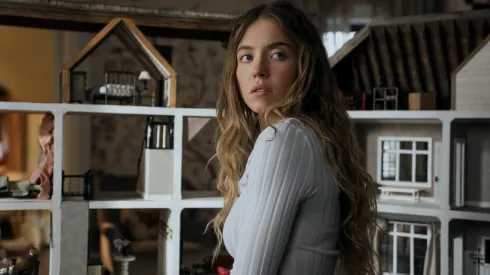The story of the domestic space as a site of terror and social critique is one of cinema’s most potent engines, and Sydney Sweeney‘s The Housemaid taps directly into this rich, unsettling tradition.
The film explores the inherent volatility when a seemingly perfect, affluent world—the luxurious mansion, the polished couple—is penetrated by an outsider with secrets of her own. The thematic cocktail of wealth, paranoia, and the unreliable narrator provides a cinematic echo that resonates deeply across the modern thriller landscape.
Since the premise involves a complex web of lies, a sinister husband, and a protagonist who must survive by uncovering the rot beneath the gilded facade, it draws direct parallels to films that similarly weaponize domestic settings and the politics of privilege.
Parasite (2019)
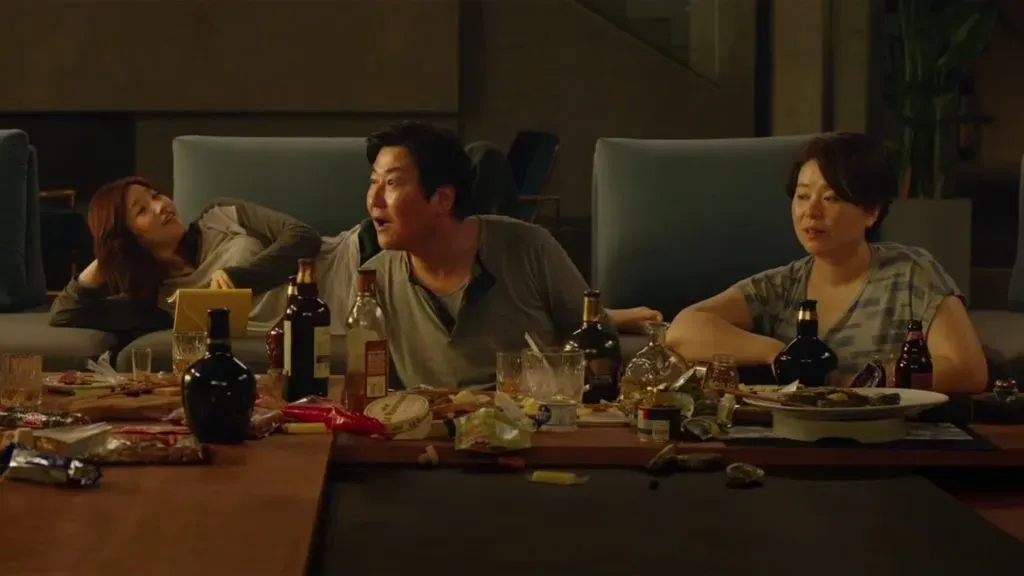
(Source: IMDb)
Bong Joon-ho’s Academy Award-winning masterpiece is the gold standard for domestic thrillers infused with social commentary. The film follows a poor family that systematically infiltrates a wealthy household by posing as highly qualified domestic staff. It escalates from dark comedy to shocking violence, expertly dissecting themes of class warfare, societal rot, and the secrets hidden beneath luxurious façades—a direct thematic parallel to the premise of The Housemaid.
The Handmaiden (2016)
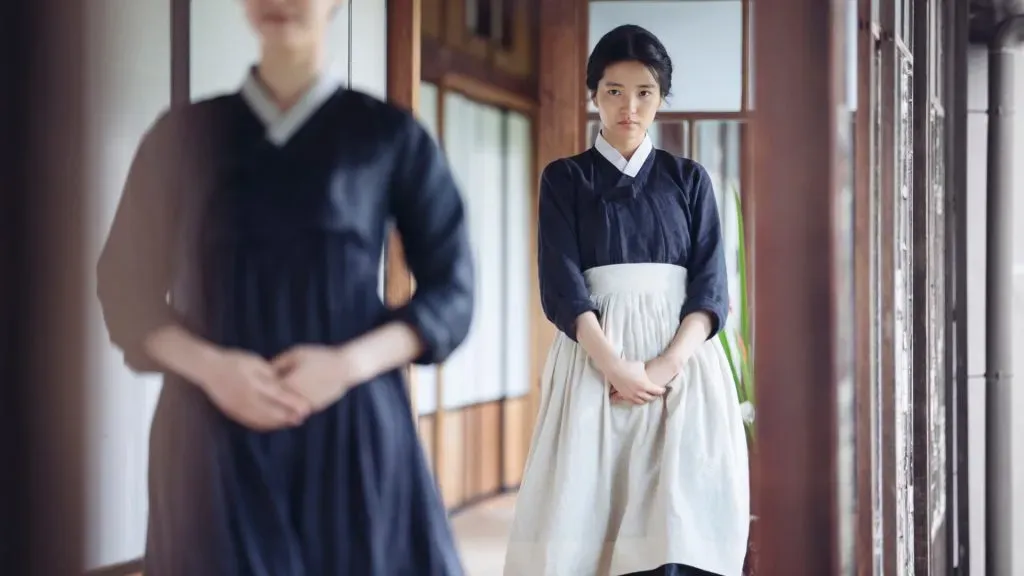
(Source: IMDb)
Park Chan-wook’s visually stunning and labyrinthine psychological thriller, set in 1930s Korea under Japanese rule, centers on a young woman hired as a handmaiden to a Japanese heiress. The plot involves manipulation, betrayal, and eroticism, all wrapped in a narrative of shifting perspectives and class tensions. Its focus on a servant’s intimate access to a wealthy household’s vulnerabilities aligns perfectly with the core intrigue of a housemaid narrative.
Fatal Attraction (1987)
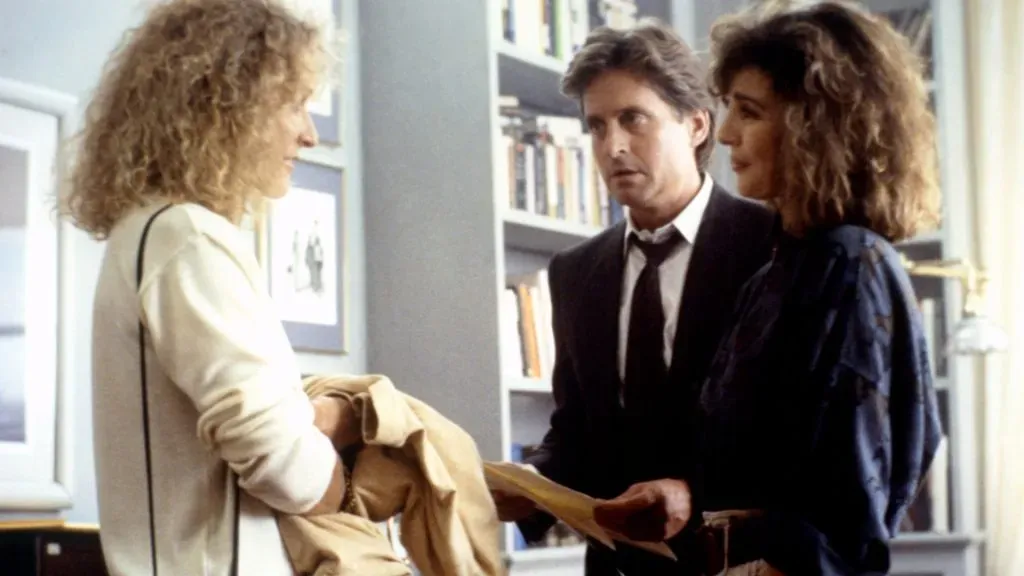
(Source: IMDb)
The film that defined the “home invasion” thriller of the 1980s, Fatal Attraction explores how a dangerous obsession can shatter a seemingly perfect domestic life. While the threat comes from an outside lover rather than a maid, the core theme is the violent breakdown of a privileged marital façade due to hidden indiscretions, creating the same kind of intense, destructive paranoia that drives domestic thrillers.
Rebecca (1940)
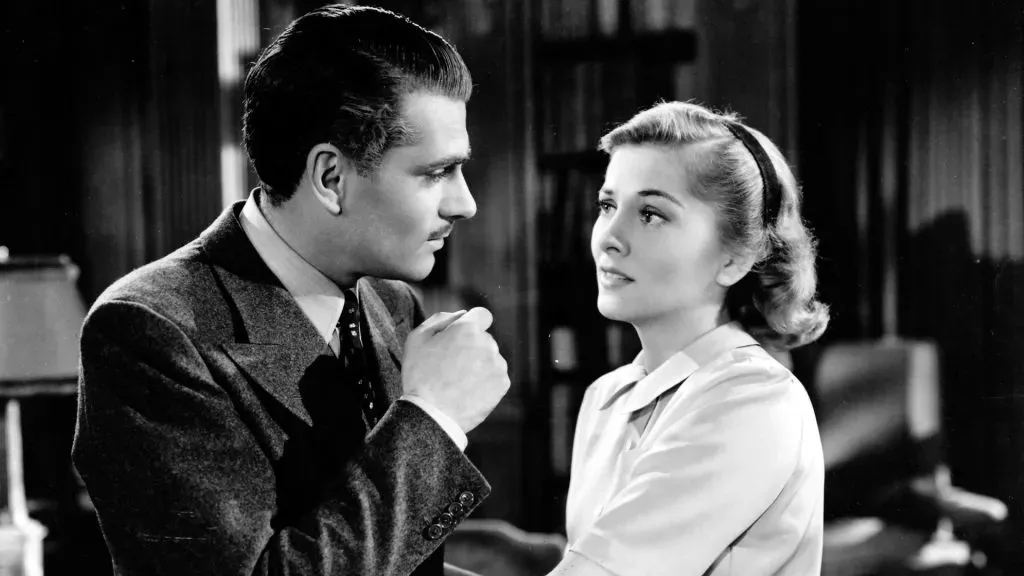
(Source: IMDb)
Alfred Hitchcock’s classic psychological drama, based on the Daphne du Maurier novel, features a young, timid woman who marries a wealthy widower and moves into his stately mansion, only to be tormented by the looming, deceased presence of his first wife, Rebecca. The film masterfully uses the house and its staff—especially the sinister housekeeper Mrs. Danvers—to generate paranoia and psychological terror.
The Good Son (1993)

(Source: IMDb)
This disturbing drama explores the terror that arises when the threat is internal to the family unit, viewed through the eyes of an outsider. It features a young Elijah Wood dealing with his cousin (Macaulay Culkin), who exhibits signs of dangerous psychopathy. The confined, seemingly normal domestic setting becoming a place of calculated evil aligns with the claustrophobic dread of the housemaid discovering the family’s secrets.
The Talented Mr. Ripley (1999)

(Source: IMDb)
Anthony Minghella’s stylish thriller centers on Tom Ripley, a charming and ambitious outsider who is sent to Italy to retrieve the wealthy, dissolute Dickie Greenleaf. The film is a masterclass in identity theft, manipulation, and the desperate lengths one will go to inhabit a life of privilege—a central motive often found in housemaid thrillers that focus on social climbing and envy.
Single White Female (1992)
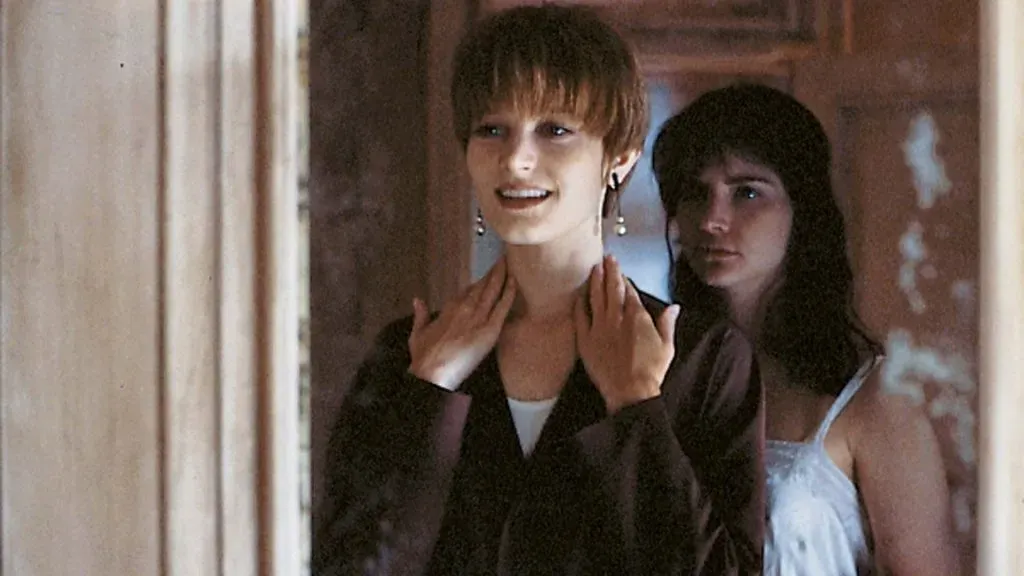
(Source: IMDb)
This thriller focuses on the dangers of bringing a seemingly vulnerable stranger into one’s life and home. A woman advertises for a new roommate, who then begins an obsessive descent into mirroring and ultimately attempting to replace her. The intense focus on domestic infiltration, stolen identity, and mounting psychological dread is a thematic sibling to The Housemaid.
The Guest (2014)

(Source: IMDb)
Adam Wingard’s film sees a charismatic ex-soldier arriving at the home of a grieving family, claiming to be a friend of their deceased son. While he initially provides comfort, his dark secrets soon unravel, leading to a stylish and explosive thriller. This perfectly captures the trope of the charming outsider invited into the domestic sphere, whose hidden past threatens to destroy the family.
A Simple Favor (2018)
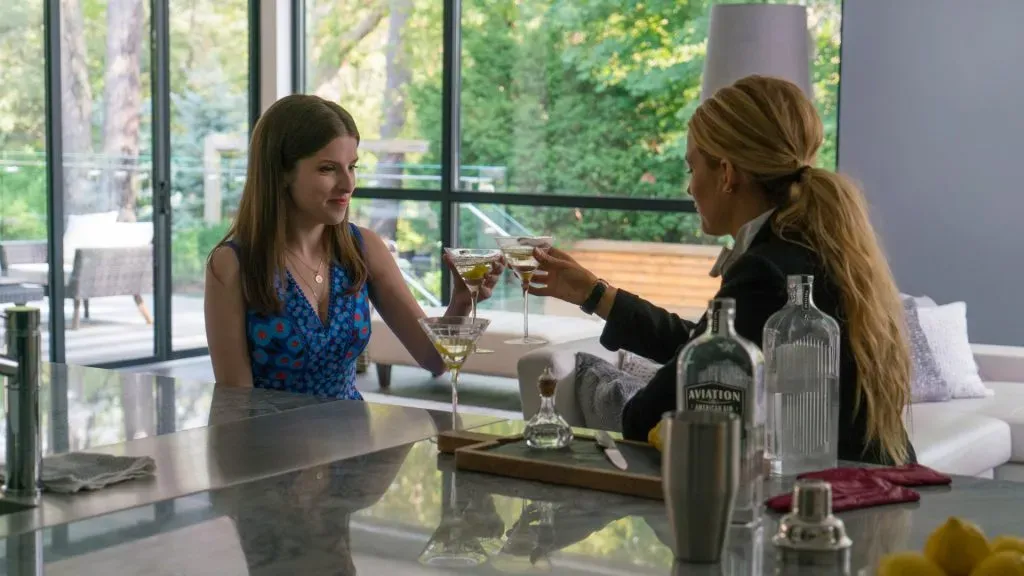
(Source: IMDb)
Directed by Paul Feig (who also directed The Housemaid), this neo-noir comedy-thriller centers on a vlogger who investigates the sudden disappearance of her glamorous, wealthy friend. It is a story rife with domestic deceit, financial secrets, shifting identities, and two women playing elaborate, dangerous games—all presented with a polished, high-society veneer that recalls the luxurious setting of The Housemaid.
Sleeping with the Enemy (1991)

(Source: IMDb)
This classic domestic suspense film follows a woman who fakes her own death to escape her obsessive, abusive husband and start a new life. The terror stems from the husband’s relentless pursuit and his use of the domestic setting—the perfection of their home—to control and terrify her. It explores the idea that the seemingly “perfect” partner or home can hide the most profound evil.
